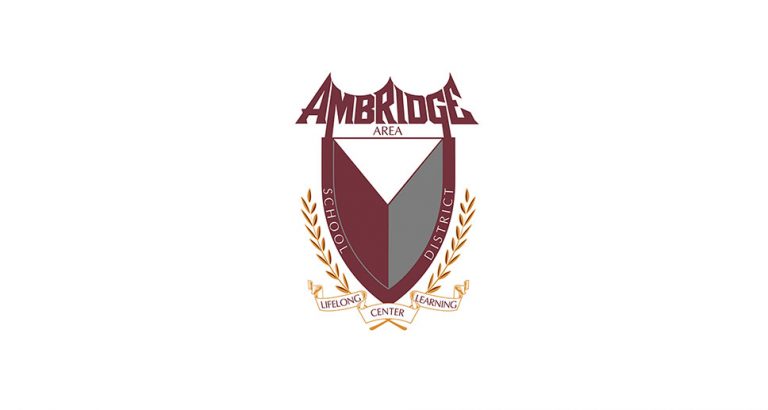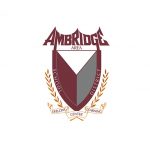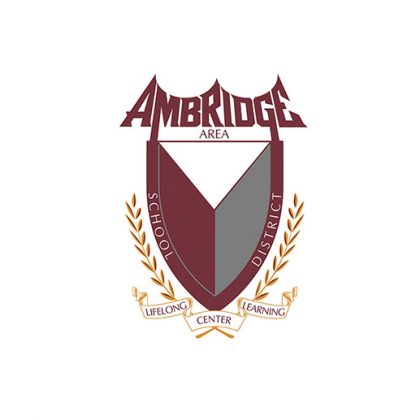Latest News
FOR INFORMATION ON THE 2025 SUMMER FOOD PROGRAM PLEASE CLICK HERE
The AASD Food Service Department follows the Guidelines set forth by PDE’s Division of Food and Nutrition for the National School Lunch and Breakfast Programs.
Every five years, the food service department undergoes a rigorous review of menus and food service policies, to see that the guidelines are being followed. The most recent review was in 2020-2021; we are due for a visit in the 2025-2026 school year.
Our staff is composed of 50+ employees, most of which are Serv-Safe certified among our five district kitchens.
Quality Foods make up a diverse menu that includes:
Pizza and pastas and breads that are whole grain
Whole grain cereals. Reduced sugar cereals
Snacks are all “Smart-Snack” approved
Beverages: 1% white and chocolate milk. Milk substitutes include Silk milk, lactaid
Special foods for Gluten-Free and Diabetic students
Fresh Fruit and Vegetable Program (FFVP)
What’s Available for Breakfast and Lunch?
What is included for Breakfast?
1. Whole Grain Bread Item
2. Meat/Meat Alternative (optional)
3. Fruit and/or Vegetable and/or 100% Juice
4. 1% or Fat Free Milk
Students must pick 3 or 4 of the components of each meal, one of which MUST be at least 1/2 cup fruit or juice for a complete meal. If fewer than 3 items are taken or fruit or vegetables are not taken, students will be charged a different, ala carte price, as required by National School Breakfast Program regulations.
What is included for lunch?
1. Meat/Meat Alternative
2. Milk
3. Vegetable (1/2 cup limit on vegetable juice)
4. Fruit (1/2 cup limit on fruit juice)
5. Bread/Bread Alternative
Students must pick 3, 4, or ALL 5 of the components of each meal, one of which MUST be at least 1/2 cup of fruit or vegetables. If fewer than 3 items are taken or fruit or vegetables are not taken, students will be charged a different, ala carte price, as required by National School Breakfast Program regulations.
Food Service Documents
Food Service Office
Holman, Leigh Anne
Food Service Director
Ambridge Area High School
724.266.2833 x2395
leighanne.holman@ambridge.k12.pa.us
Misencik, Valerie
Guidance and Counseling Secretary, Food Service Secretary
Ambridge Area High School
724.266.2833 x2377
vmisencik@ambridge.k12.pa.us
Barb McGeorge
Site Leader
Barb McGeorge
Highland Elementary School
BMcGeorge@ambridge.k12.pa.us
724-266-2833
Cordell, Tina
Site Leader
Ambridge Area Middle School
tcordell@ambridge.k12.pa.us
724.266.2833 x4300
Robinson, Anna
Head Cook
Ambridge Area Middle School
arobinson@ambridge.k12.pa.us
724.266.2833 x3400












